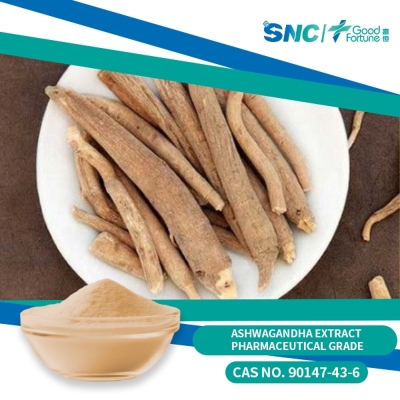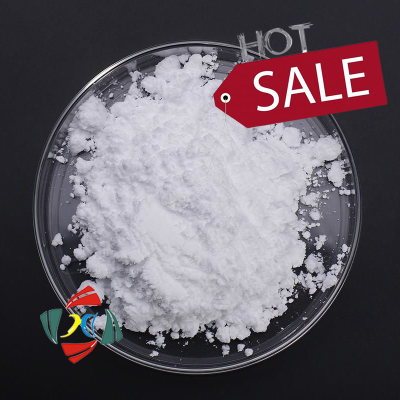-
Categories
-
Pharmaceutical Intermediates
-
Active Pharmaceutical Ingredients
-
Food Additives
- Industrial Coatings
- Agrochemicals
- Dyes and Pigments
- Surfactant
- Flavors and Fragrances
- Chemical Reagents
- Catalyst and Auxiliary
- Natural Products
- Inorganic Chemistry
-
Organic Chemistry
-
Biochemical Engineering
- Analytical Chemistry
- Cosmetic Ingredient
-
Pharmaceutical Intermediates
Promotion
ECHEMI Mall
Wholesale
Weekly Price
Exhibition
News
-
Trade Service
Cerebral small vessel wherein the disease is a progressive change in the white matter (the WMC)
.
Recently, a research article was published in Stroke, an authoritative journal in the field of cardiovascular diseases, which aims to compare the effects of cilostazol and aspirin on the changes of WMC volume in patients with cerebral small vessel disease
.
In this multi-center, double-blind, randomized controlled trial, participants with moderate or severe WMC and at least one lacunar infarction detected on a brain magnetic resonance imaging examination were randomly assigned to the West at a 1:1 ratio.
Lostazol group and aspirin group
.
The subjects took cilostazol sustained-release capsules (200 mg) or aspirin (100 mg) capsules once a day for 2 years
Stroke
Between July 2013 and August 2016, 256 participants were randomly assigned to the cilostazol (n=127) group and aspirin (n=129) group
.
Over the past two years, the percentage of WMC volume in the total WM volume and the percentage of WMC volume in the intracranial volume of the two groups of subjects have both increased, but neither analysis showed a significant difference between the groups
It can be seen that there is no significant difference in the effects of cilostazol and aspirin on the progression of WMC in patients with cerebral small vessel disease
.
.
Original source:
Original source:Byeong C.







